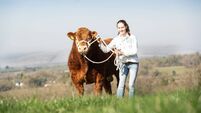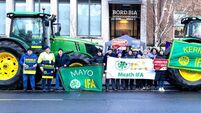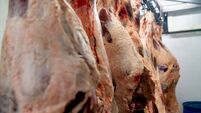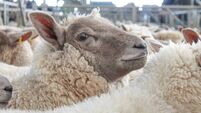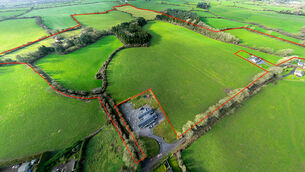New poultry biosecurity measures to start on November 1
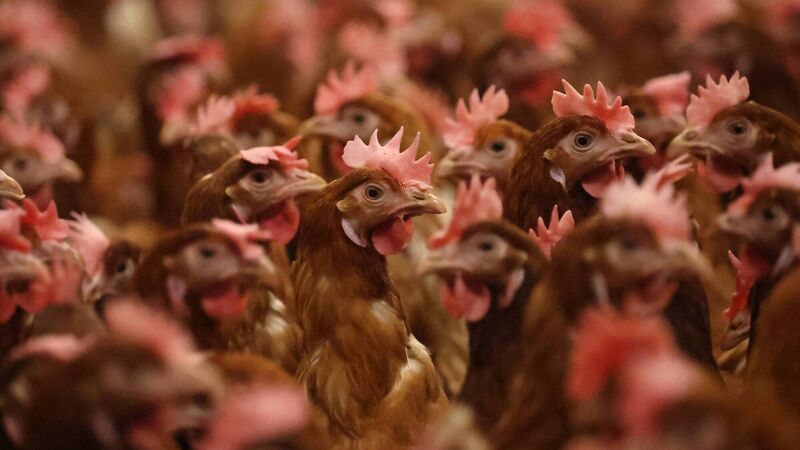
New poultry biosecurity measures are to come into effect on November 1.
It has been announced that specific biosecurity regulations will come into effect on Saturday, November 1, to prevent outbreaks of Avian flu in poultry and captive birds.
A detailed list of the new regulations can be found on the Department of Agriculture’s website will require all flock keepers to apply strict biosecurity measures on their poultry and other captive birds to prevent the spread of Highly Pathogenic Avian Influenza (HPAI).


